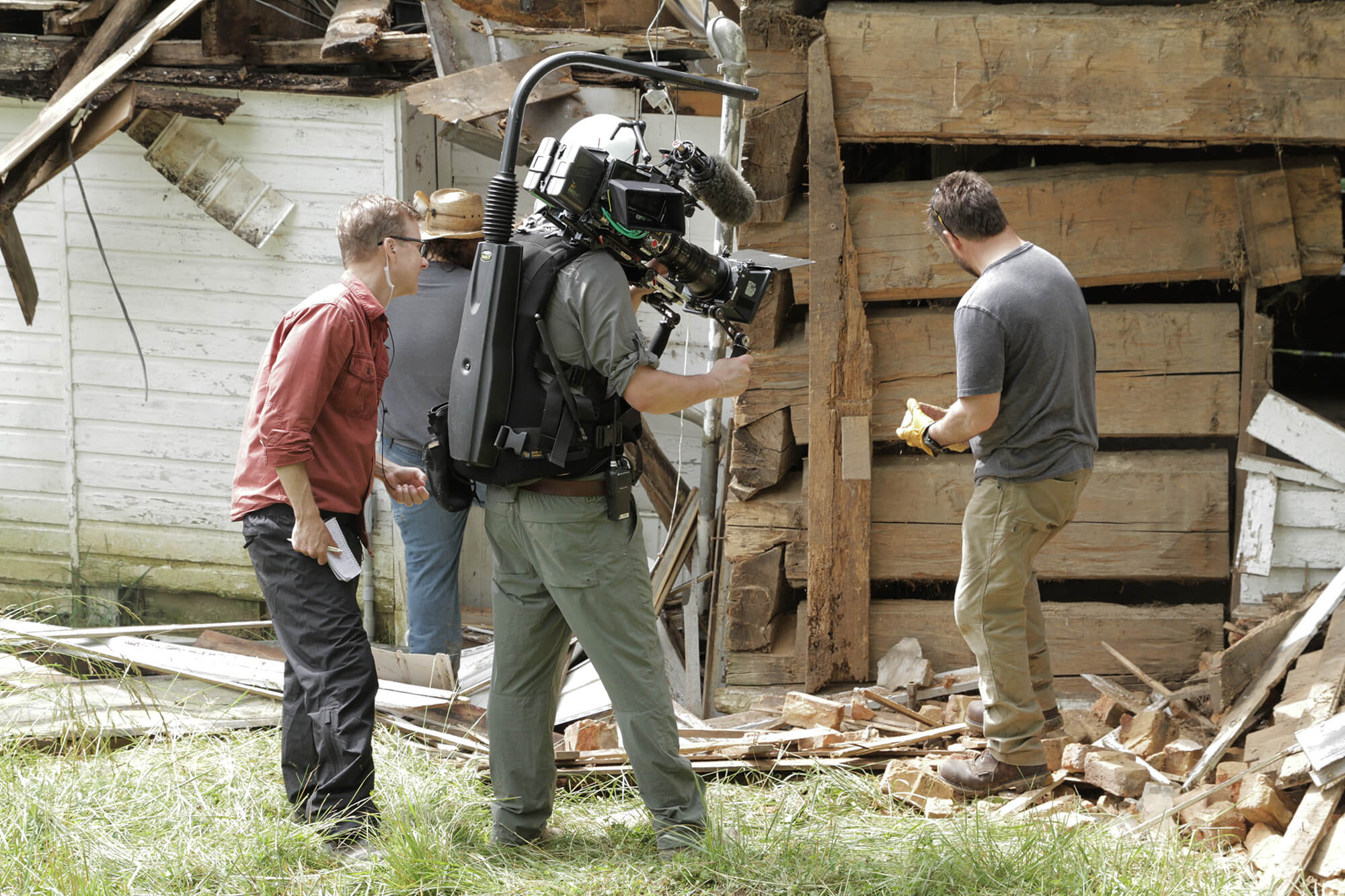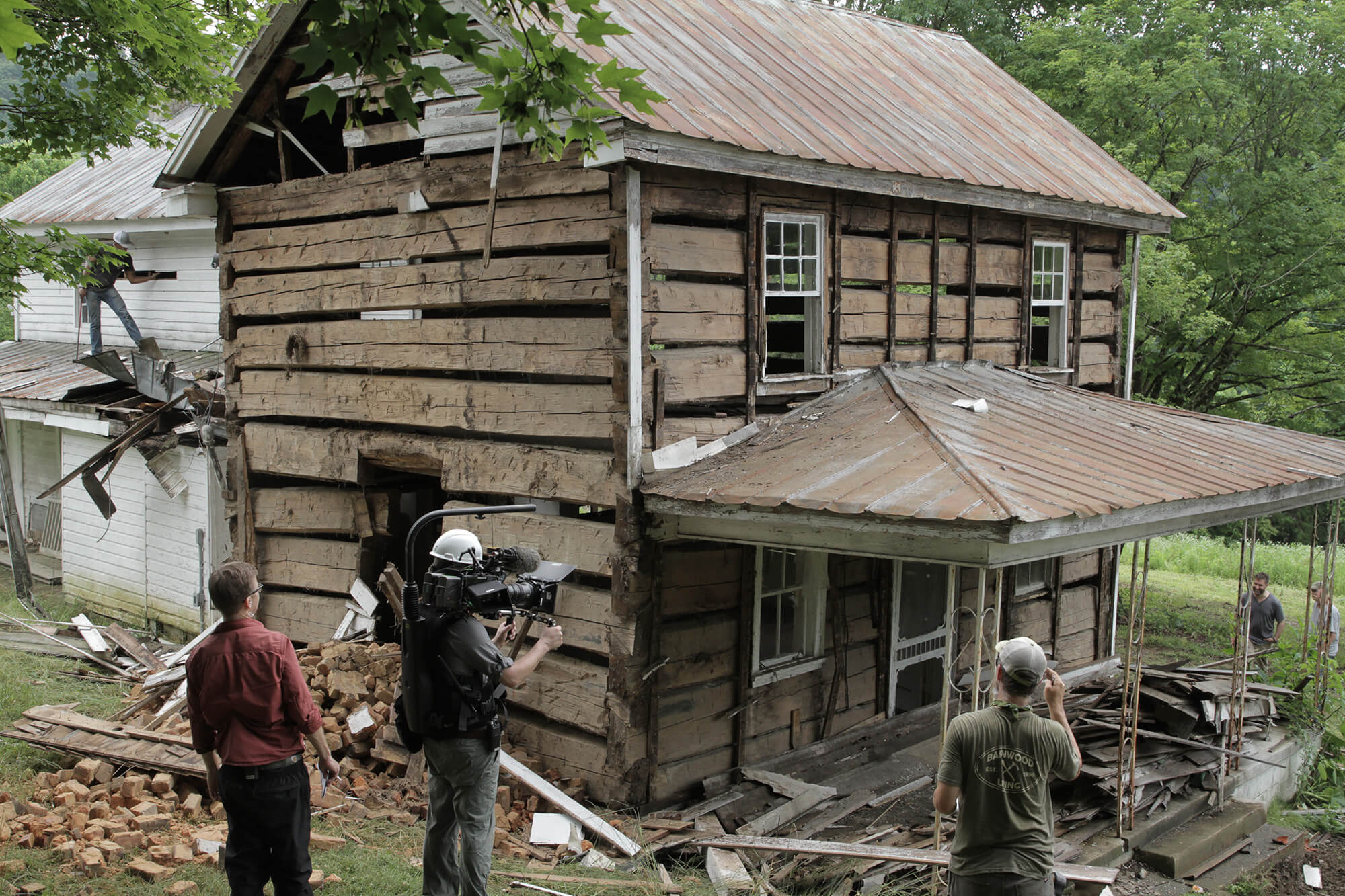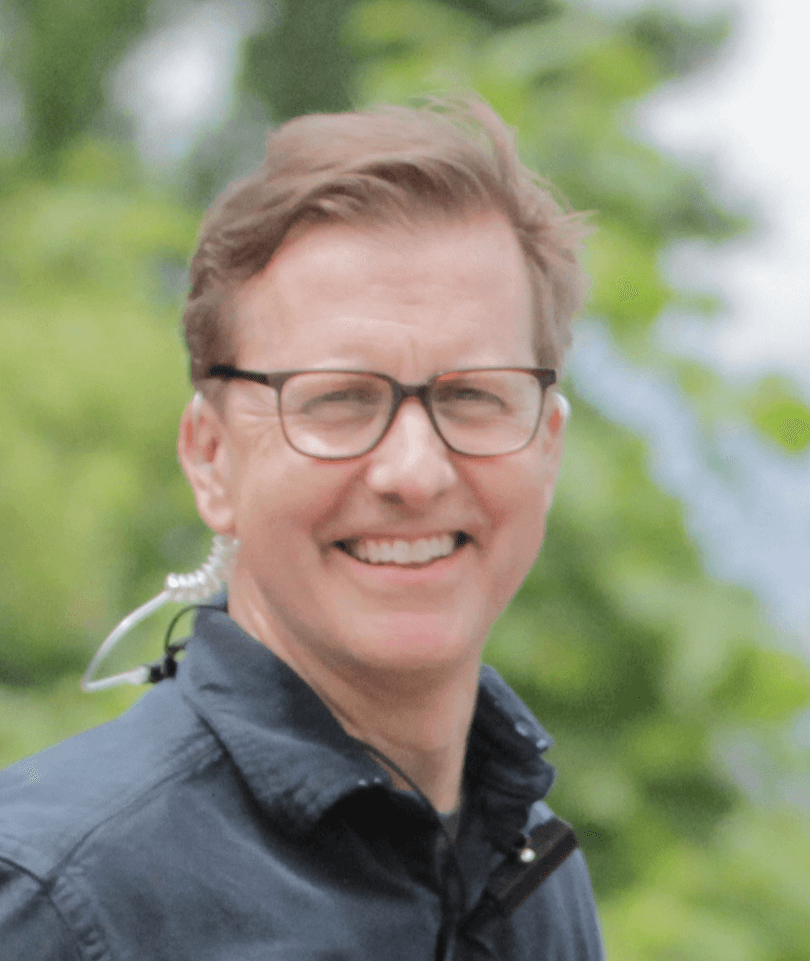Workshops
Guided by a successful showrunner and producer, learn the dynamics of selling and producing non-fiction and reality shows.
There are no available registration dates at this time.
Note: This workshop will be held in a live, online format utilizing the Zoom platform.
Class meets on Saturday & Sunday, Feb 10-11 from 1-4:30pm ET.
In this two-day workshop, students explore the building blocks of developing and producing non-fiction television. By analyzing successful series as case studies, students discover the critical feature that leads to success – finding the right format. Students will learn the process of developing a show, building a pitch deck, and pitching a series.

Guided by successful showrunner Russell Pflueger, the class will provide a real world view of the key dynamics involved in making an effective non-fiction show. How do producers, directors, cinematographers, and the entire production team work together to successfully capture the format week after week? Students will discuss techniques for gathering story beats in real world situations. What happens when an essential beat is missed? Can you recreate moments without sacrificing authenticity? What type of camera coverage ensures the most options in post?
What’s the right amount of b-roll? When do interviews work best? Unlike scripted shows, non-fiction subjects are often unfamiliar with the needs and demands of narrative storytelling. Instead of the controlled environment of a set, non-fiction stories are often filmed in active worksites that may not allow for second takes. We will explore methods of engaging first time talent that bring them into the storytelling process.

Post-production on a non-fiction series requires producers who can quickly turn several days of filming into forty minutes of story. Making the right choices early and often is critical to keeping a show on schedule and on budget. We’ll look at how to approach hours of footage, building a script for editors, writing and recording voice-over, the use of archival images, processing network notes from rough cut to delivery, and handling audio reviews. Along the way, additional elements of non-fiction television will be discussed such as managing on screen talent, processing network notes, and integrating brands.
Students are encouraged to bring in ideas for a non-fiction series the class can discuss.
Leave with a new understanding of how the world of non-fiction television really works.
Share This

Instructor: Russell Pflueger
As an executive producer and showrunner, Russell Pflueger has produced hundreds of hours of television including series for National Geographic Channel, Discovery, DIY Network, and Magnolia. His credits include Barnwood Builders, Deadliest Catch: The Bait, Made with Pride, Driving America, and Ultimate Factories. Prior to television, he worked on independent film projects and directed theater in New York. He’s trained at Playwrights Horizons Theatre School, holds a master’s degree in mythological studies from Pacifica Graduate Institute, and has taught at New York University’s Tisch School of Arts in the Drama Department. He lives in New York City with his family.

